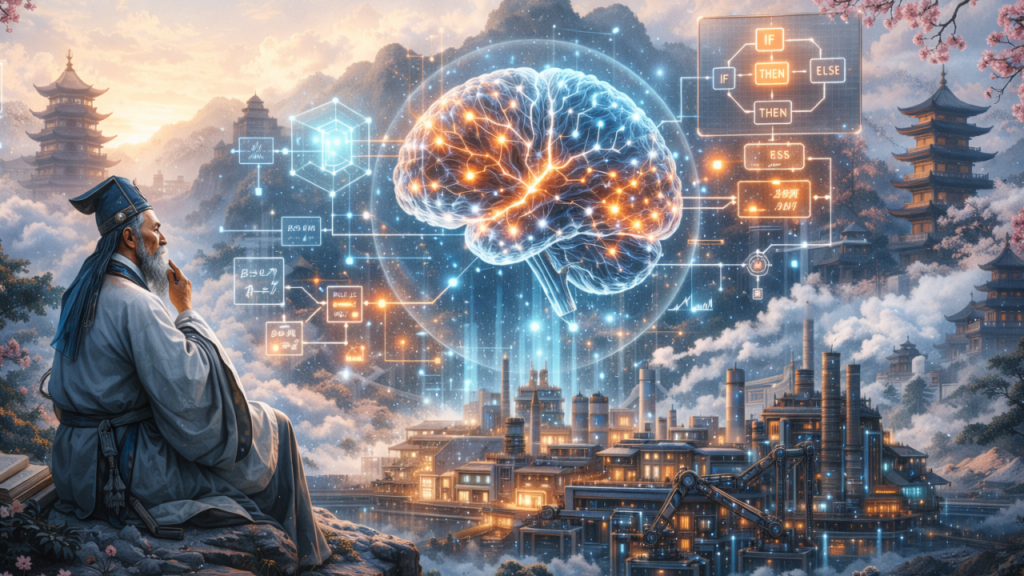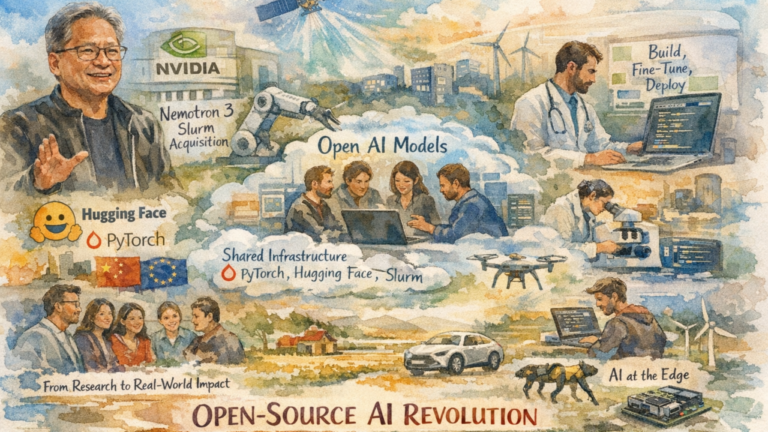The 700 Million Download Signal: What Hugging Face Statistics Reveal About AI’s Next Architectural Frontier
A Return on Intelligence Analysis for Technical Leaders In January 2026, Alibaba’s Qwen quietly crossed 700 million cumulative downloads quietly […]









